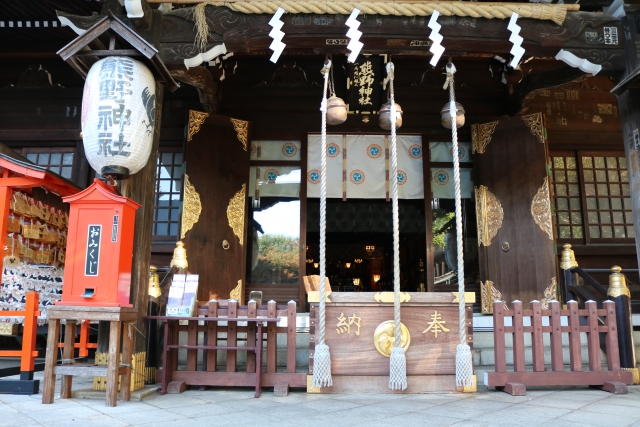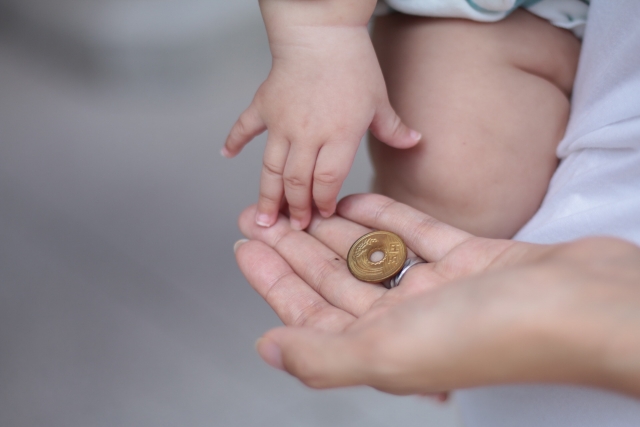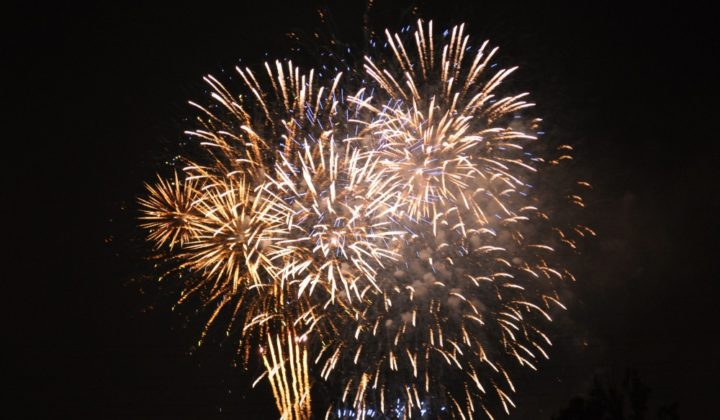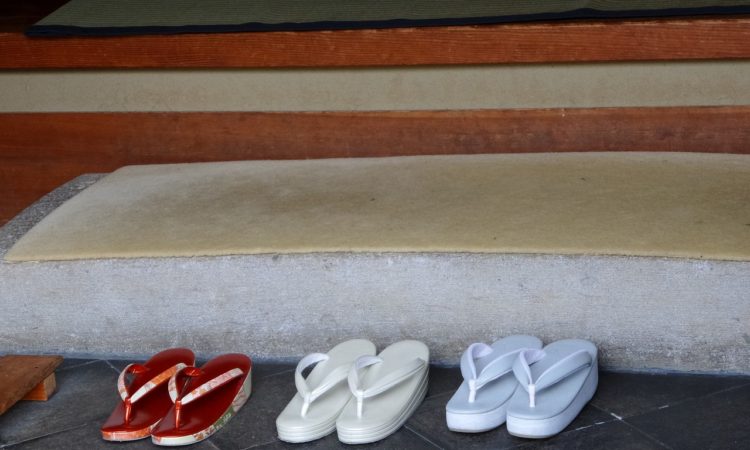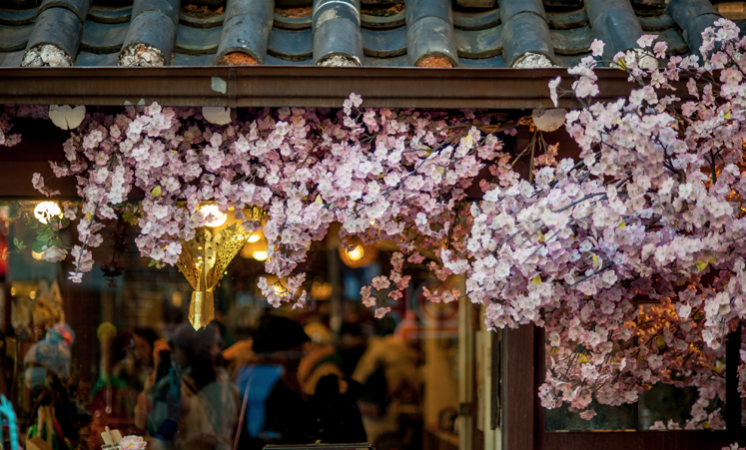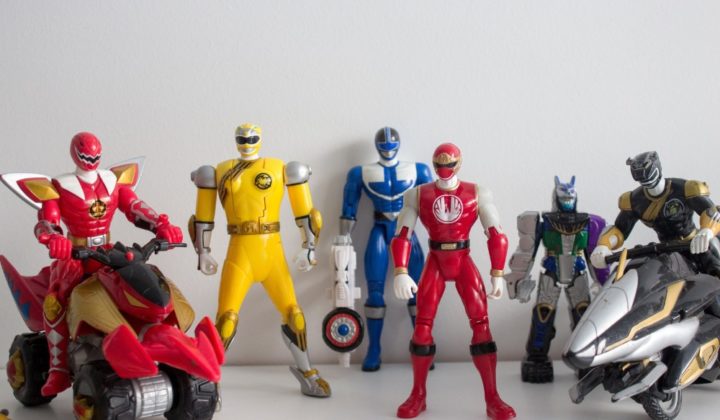Have you ever visited shrine somewhere in Japan and make a prayer? Before you ring the bell to worship at the shrine, everybody needs to toss some donation into the offering box.
This might be a bit of a private question, but how much money do you usually toss into the offering box at the shrine in Japan? Did you know that there are some rules for making good fortune when you throw the donation? It depends on the amount of contribution, there are meaning for each amount.
If you wish to make a prayer, let’s see how much the perfect amount of donation would be to make your dream come true in this article.
1. Japanese People Used to Offer Foods or Drinks
It’s common that people tossed some donation into the offering box at a shrine in Japan lately but did you know that Japanese people have used to offer such as rice, mountain food, delicacies from the sea or Japanese sake instead of offering money a long time ago? Gradually Japanese people changed their offering from food to some donation using coins.
Either way, offering food or some donation means the same to respect God of shrine in Japan.
2. The Amount of Donation Means for “Good Luck”
There are some major meanings for each amount of donation for good luck such as follows:
・ 5-yen coin=wishing for good fate
・ 10-yen coin (5-yen coin X 2)= wishing for good fate many times
・ 15-yen coin=(5-yen coin X 3)= wishing for enough fate
・ 20-yen coin=(5-yen coin X 4)= wishing for very good fate
・ 25-yen coin=(5-yen coin X 5)= wishing for double good fate
・ 30-yen coin=(5-yen coin X 6)= wishing for harmonious and stable good fate
・ 35-yen coin=(5-yen coin X 7)= wishing for good fate repeatedly
・ 40-yen coin=(5-yen coin X 8)= wishing for good fate spreadly
・ 45-yen coin=(5-yen coin X 9)= wishing for good fate from beginning to the end
・ 50-yen coin=(5-yen coin X 10)=wishing for good fate 5 times
The point is using 5 yen coin each time without using other coins such as 10-yen, 50 yen, etc.
Some of you may be concerned about the amount of money needs to be higher if people need to wish more. Don’t worry, the amount of donation can be any price depends on your wallet condition. Everybody has their own economic condition so people don’t need to strain themselves too much for paying too much donation more than they can offer. The important thing is, people pay their respectful attitude when then wish for something at shrine.
So, why is using only 5-yen coin that important? Let’s find that reason in the next chapter.
3. “5 Yen” Means “Good Fate”
Japanese people consider 5 yen as “good fate” due to the following reason:
People pronounce 5 yen as “GO-YEN” in Japanese and this GOEN means good fate.
We write “ご縁” in kanji.
According to play on words, Japanese people consider 5-yen coin leads to good fate as for offering a donation at the shrine.
This good fate includes the meaning of “chance,” “good fortune” or “destiny” so Japanese people try to connect these words to their wishes such as follows:
・ Wishing to have a boyfriend or girlfriend
・ Wishing to pass the exam
・ Wishing to meet his or her soul mate (to get married)
・ Wishing to have a lovely baby
・ Wishing to find a better job
4. “Your outfit is also important”
Did you know that not only the price of donation but also your outfit to visit shrine is also important? Many people think they can wear any kinds of outfit to shrine but that’s wrong.
If people have strong wish to make it come true, it’s important to wear decent clothes such as a suit and not showy dresses. People need to wear conservative and simple outfits to express their respect to the shrine.
Here are the major taboo outfits when people visit shrine:
・ A sleeveless dress
・ Miniskirt
・ Boots
・ Sunglasses
・ Any kinds of hats
・ Gaudy shoes
・ Way too voluminous necklace
・ Comfortable loungies such as trackies and trainers
Make sure that your outfits look conservative and moderate designed.
5. The Meaning of Money Offering at Shrines
Do you know the real meaning of toss donation at shrine in Japan?
We write kanji for toss donation at shrine as follows:
Toss donation at shrine: お賽銭 ( we read this as “osaisen” in Japanese)
We use the kanji “賽” as “報賽” or “奉賽” (we both read this kanji as “hosai” in Japanese) at the shrine which means paying a visit of thanks to the shrine. According to this meaning background, the real meaning of toss donation at the shrine is not asking for your wishes to make come true as it is often seen has but to “ express appreciation by having happiness from God at the shrine” is the literally meaning.
So the important thing you must know about toss donation at the shrine is first you must express the appreciation to God at the shrine for having happiness, then ask for your wish next. Be careful about asking for your wishes first.
We hope you now know the reason why there are several rules at the shrine like people need to dress appropriately when they visit the shrine or why people need to make a bow first before they start praying. Every attitude leads to express appreciation by having happiness from God at the shrine.
Everybody has their own wishes to make them come true. If you have some plan to stop by the shrine in Japan, how about wishing for what you need by using 5-yen coin based on each meaning?
People say that the amount of donation equals how big your wish is, but no matter how much you toss into the offering box at the shrine, the important thing is you wish to the God of shrine with appropriate manner without making fun of anything.
If you have some 5-yen coin in your wallet, how about visiting shrine close to your home? Also remember to wear appropriate outfits/clothing while you are there. (no high-heels or any showy dresses but conservative and simple outfits are recommended.)
Hope you all can make your dreams come true!
YAE
Japan

